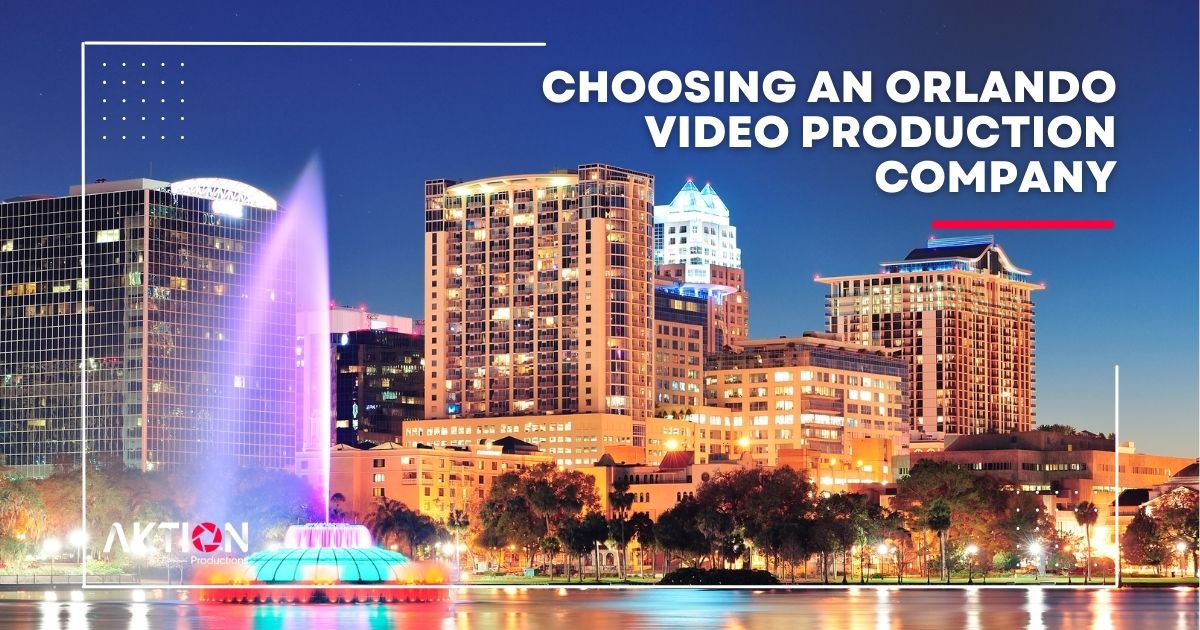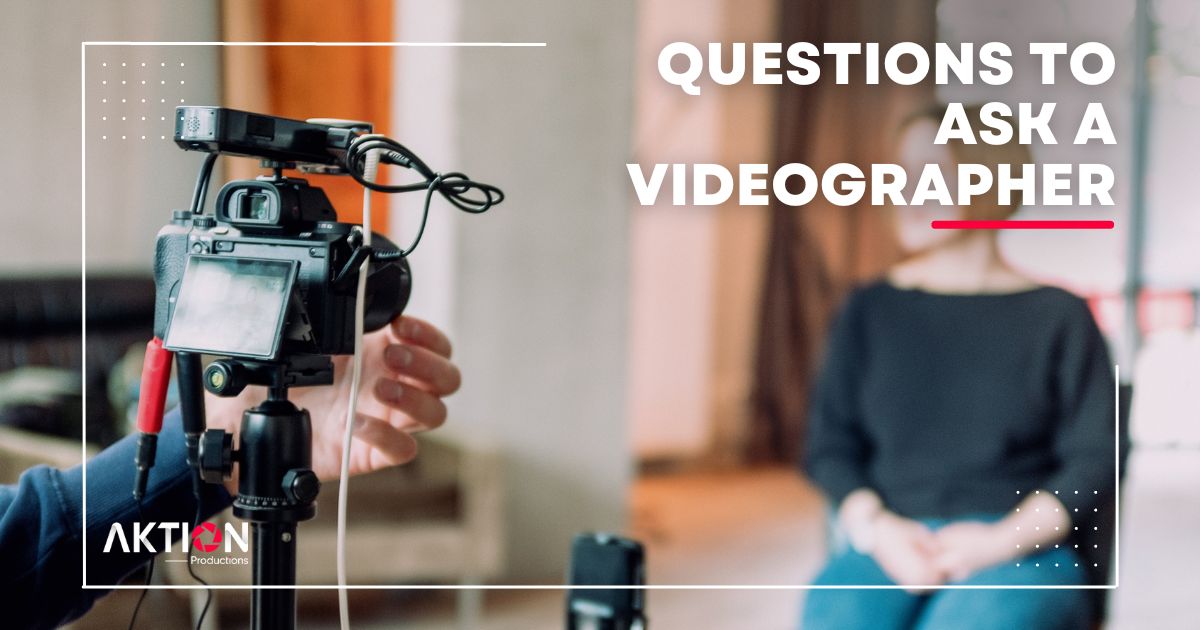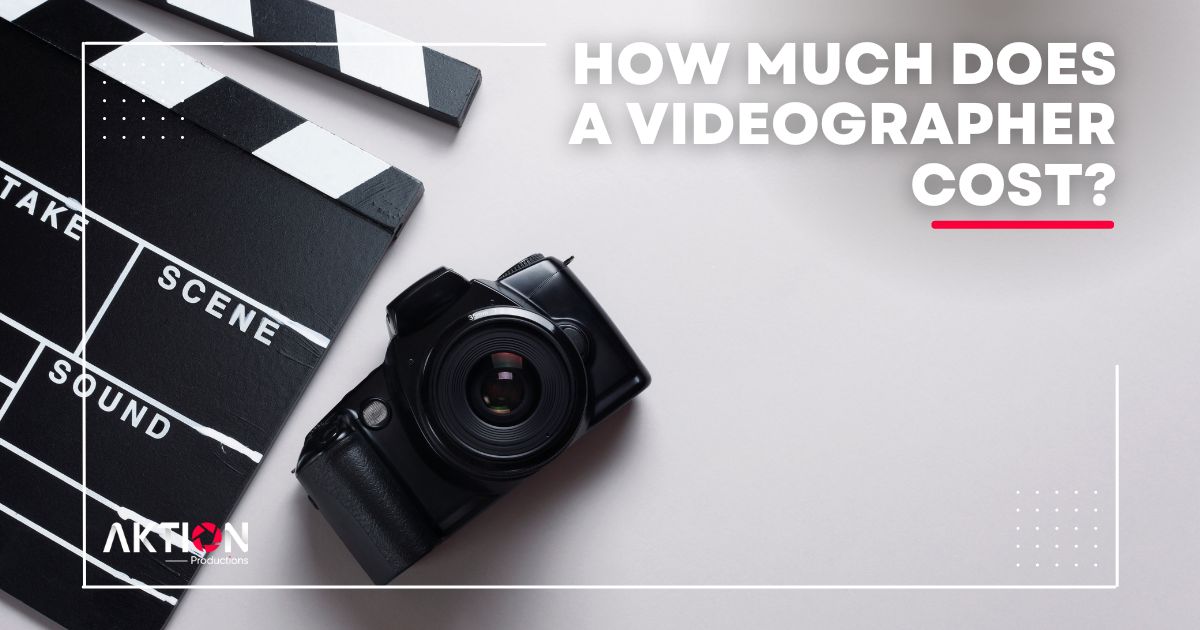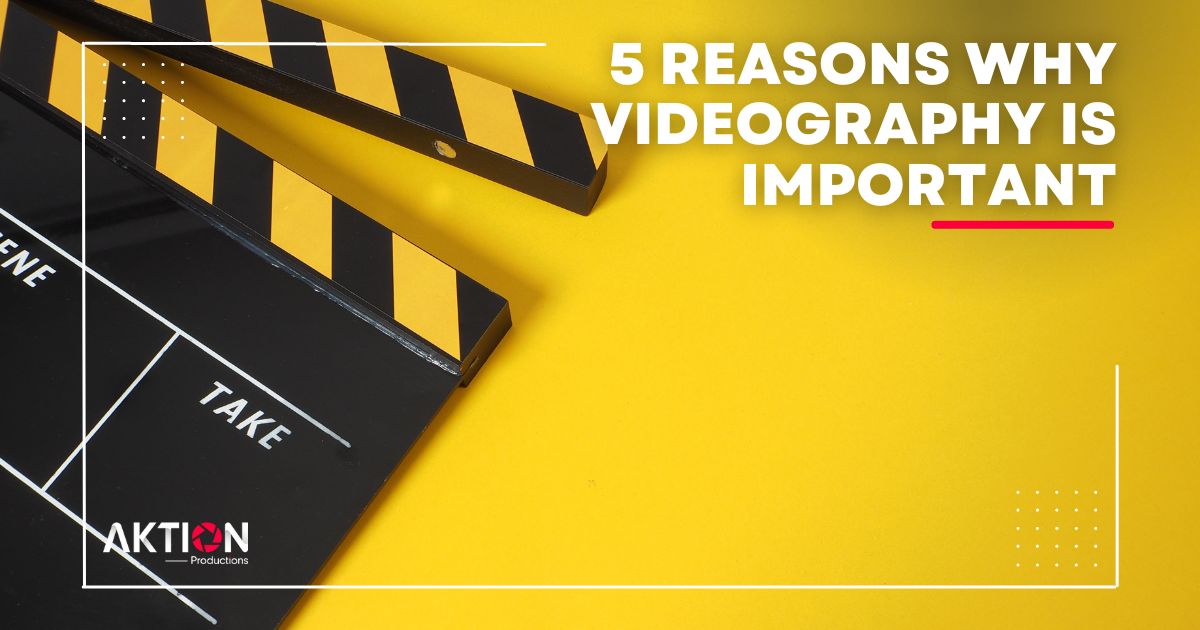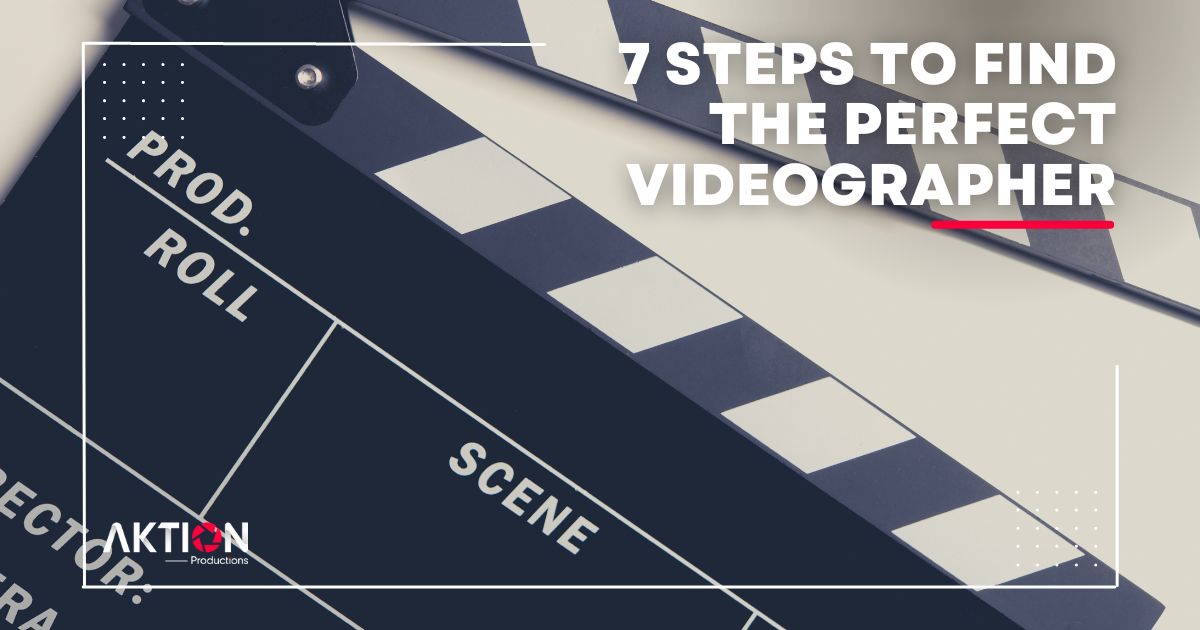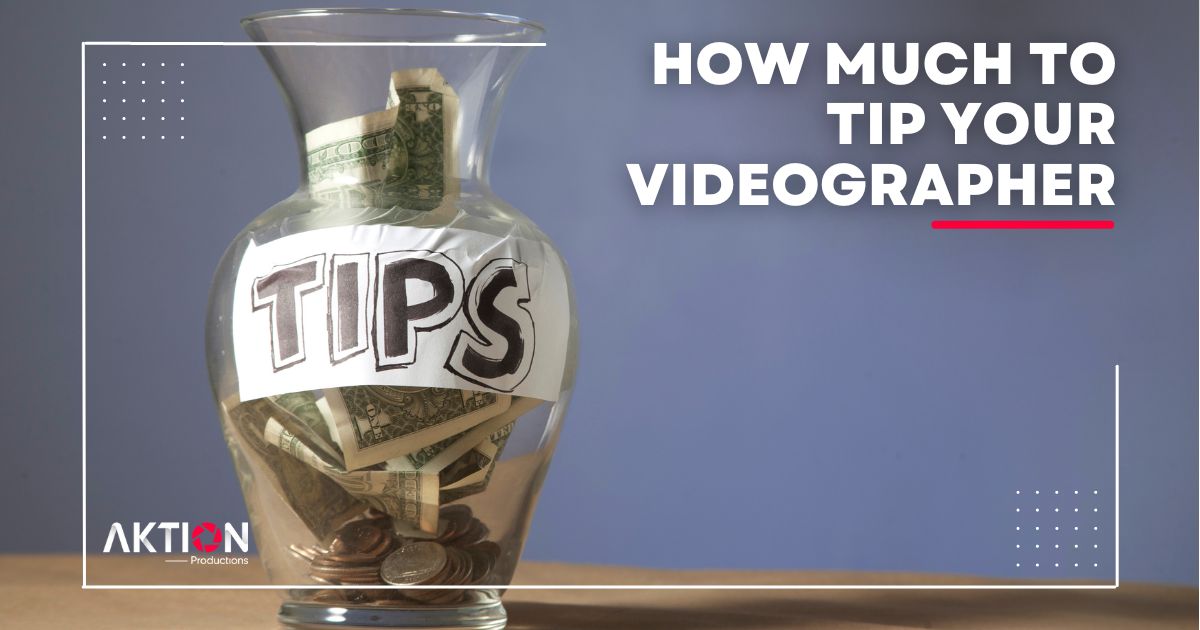How to Choose an Orlando Video Production Company
Choosing the right Orlando video production company can significantly impact your project's success. Whether you're creating a brand promotion, a corporate video, or a documentary, it's crucial to pick a…

